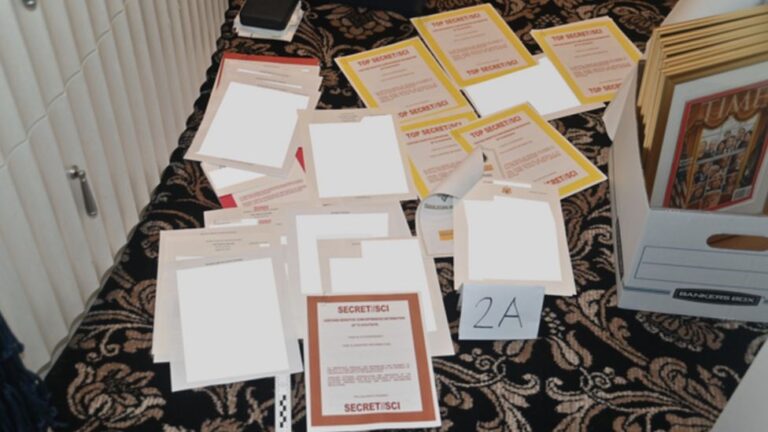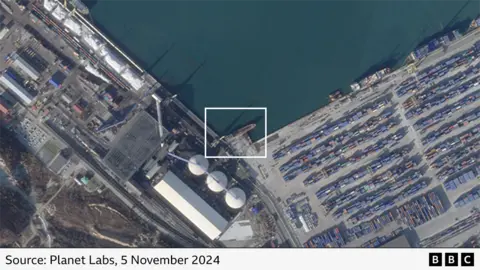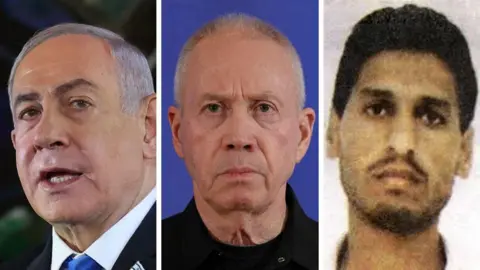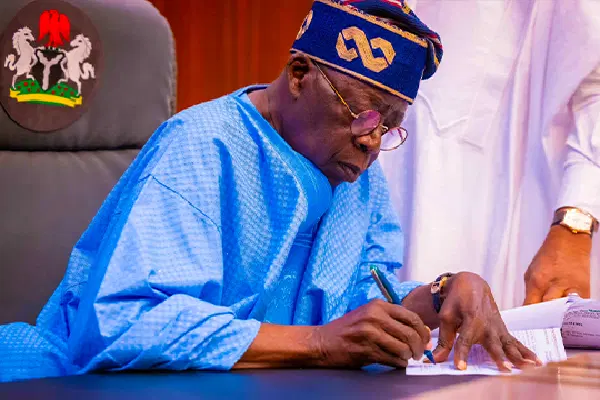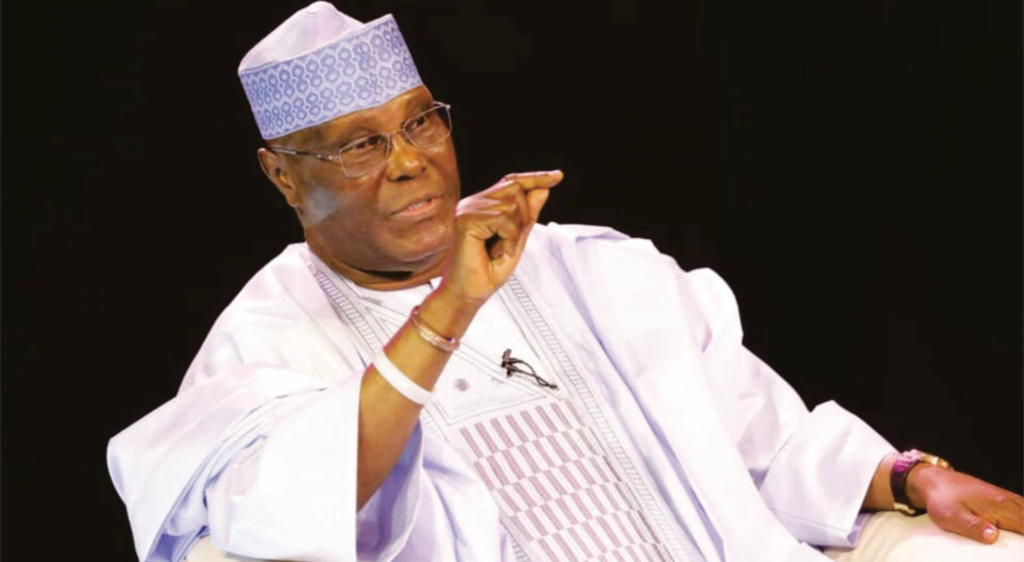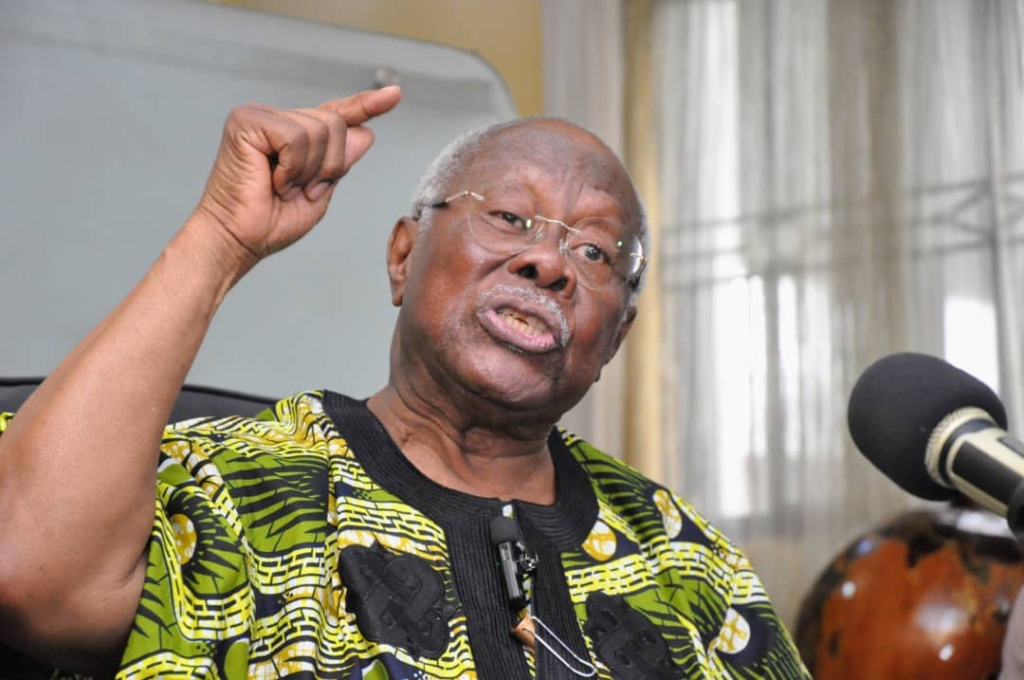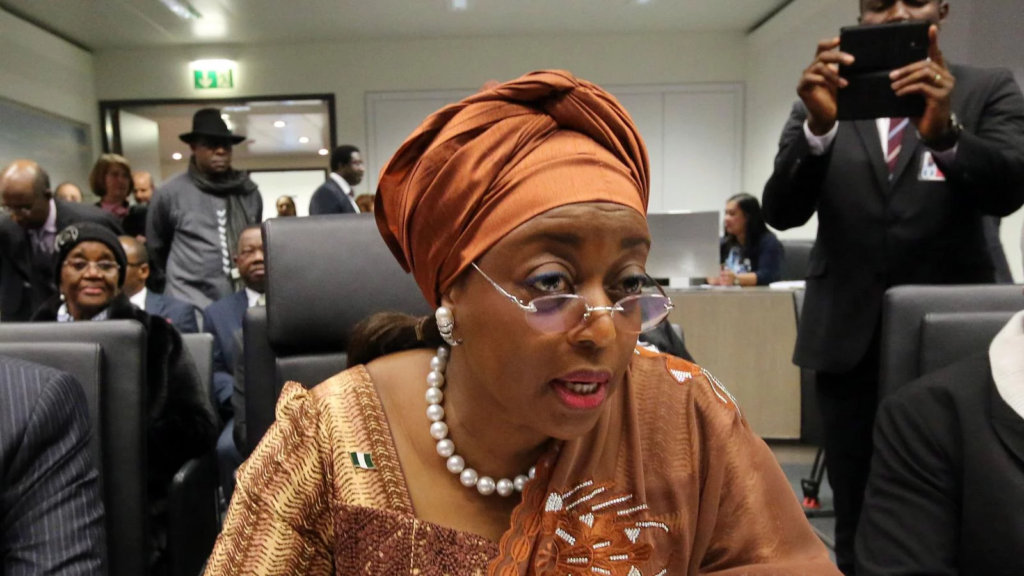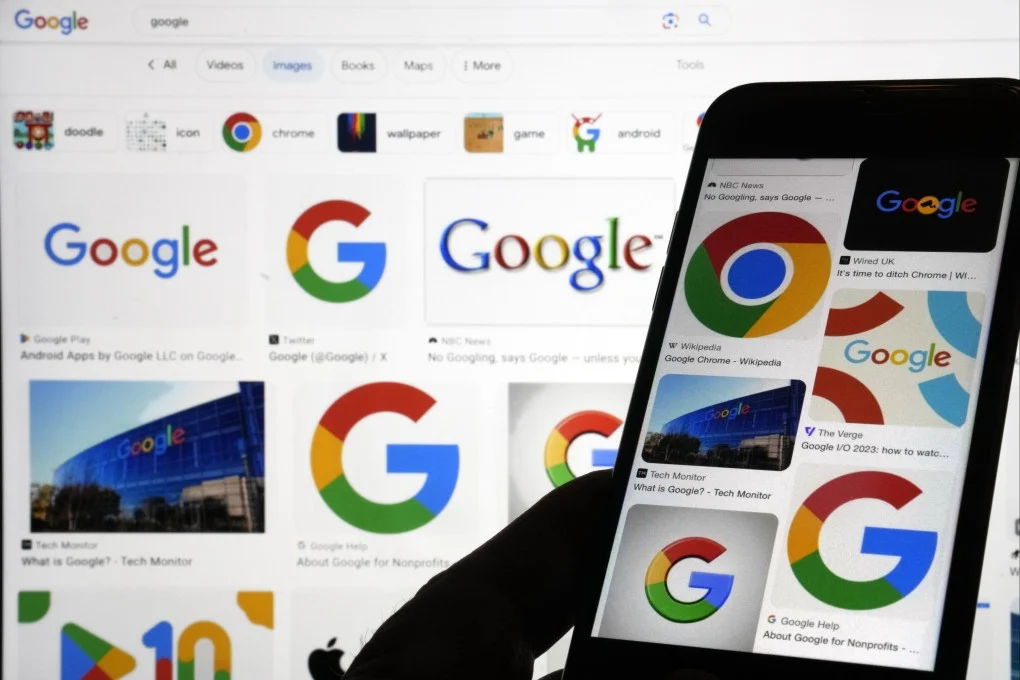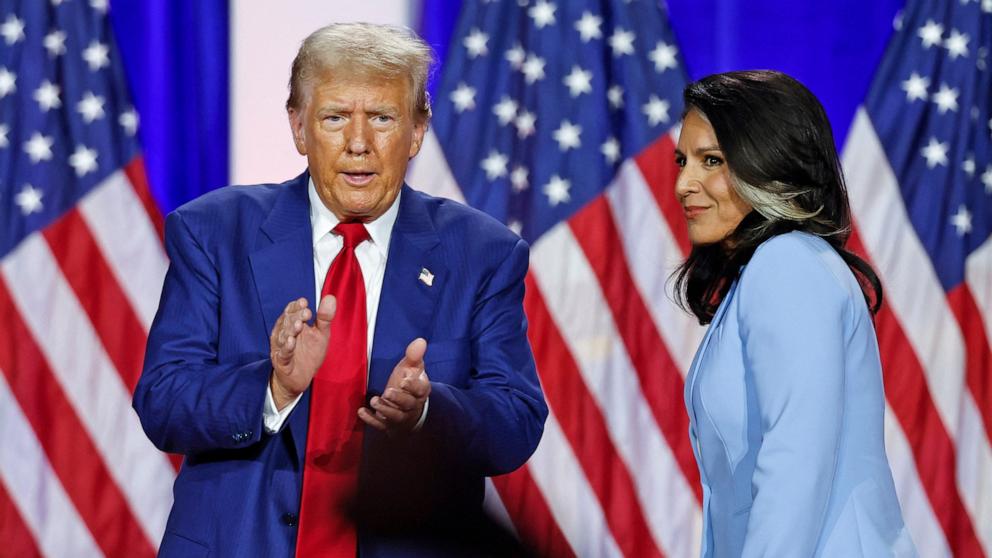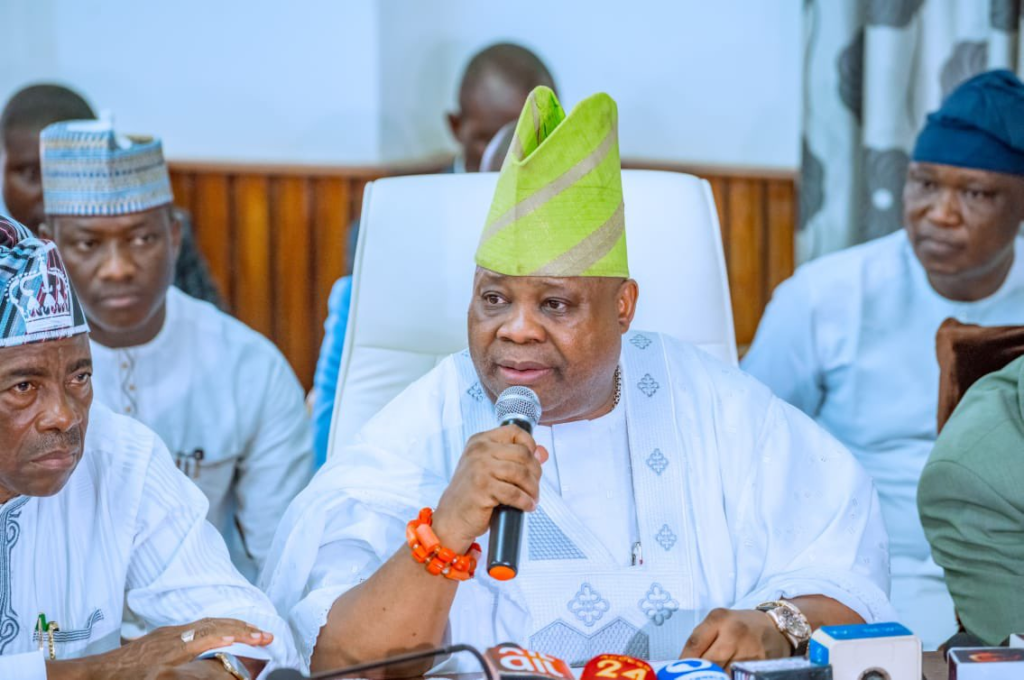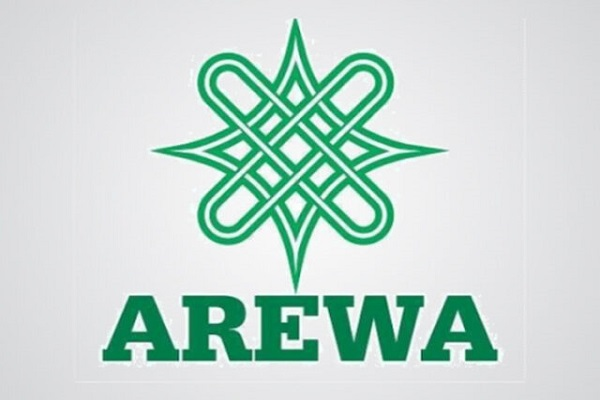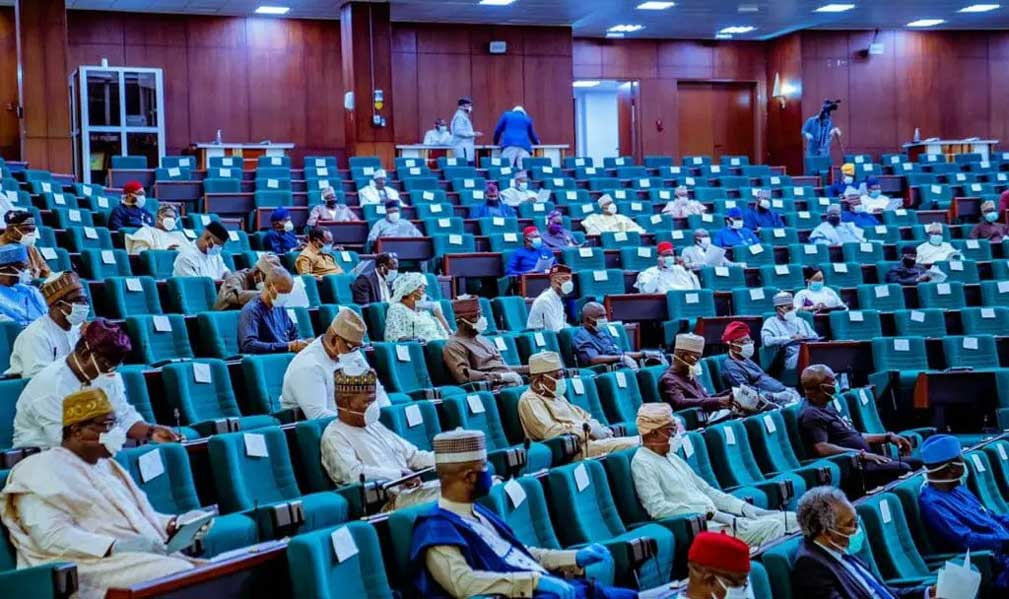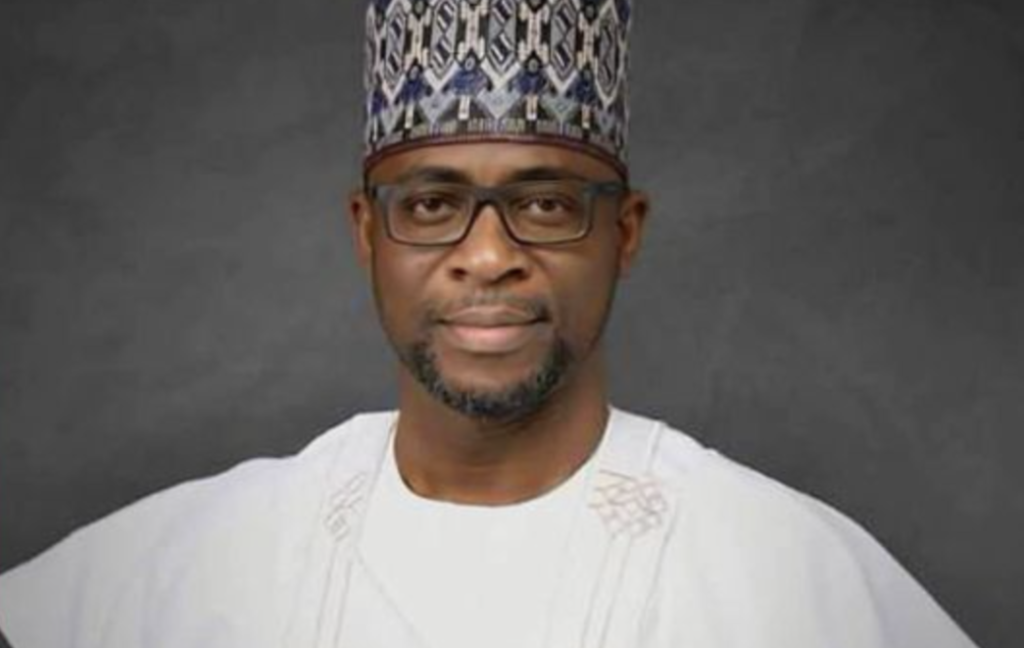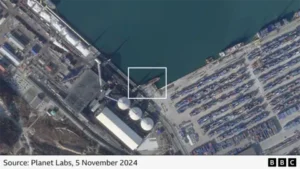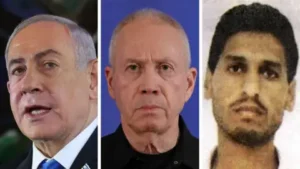Ex-President Donald Trump may have concealed and removed documents during an FBI visit to his property in June, Department of Justice officials say.
In a court filing, the department said “efforts were likely taken to obstruct the government’s investigation”.
The filing is in response to Mr Trump’s lawsuit for a “neutral” lawyer – known as a “special master” – to oversee part of the ongoing case.
Mr Trump has denied any wrongdoing and said the items were declassified.
Upon leaving office, US presidents must transfer all of their documents and emails to the National Archives.
In the filing released on Tuesday, the Justice Department’s counterintelligence chief, Jay Bratt, gives the clearest picture so far of the department’s attempts to retrieve documents from the former president.
The FBI is investigating whether Mr Trump improperly handled records by taking them from the White House to Mar-a-Lago after he left office in January 2021.
Who visited Mar-a-Lago, when, and why?
In January, the National Archives retrieved 15 boxes of White House records from Mar-a-Lago, where they found highly classified records were “unfoldered” and “intermixed with other records” – some pages had been torn up.
Upon learning the boxes contained “highly classified reports”, the Justice Department and the FBI began investigations which found evidence that “dozens of additional boxes” likely containing classified information still remained at his property.
On 3 June, three FBI agents and a DOJ attorney arrived at Mar-a-Lago to collect materials. According to Mr Trump’s lawyers, he told them: “Whatever you need, just let us know.”
But agents were “explicitly prohibited” by his representatives from searching any boxes inside a storage room at Mr Trump’s property, according to the latest filing.
Evidence was also found that the records were “likely concealed and removed” from the storage and that efforts were “likely taken” to obstruct the investigation, officials said.
Following the June visit, FBI teams searched Mr Trump’s property again in August – where they found over a hundred classified documents.
This was twice as many classified documents found “in a matter of hours” than by the “diligent search” that Mr Trump’s team claimed they had previously carried out.
Mr Bratt said that this “casts doubt on the extent of co-operation in this matter”.
At the time, Mr Trump rejected reports he had mishandled official records as “fake news”.
Mr Trump’s lawyers have asked that a “neutral” third-party attorney – known as a special master – be brought in to determine whether the seized files are covered by executive privilege, which allows presidents to keep certain communications under wraps.
But the latest court filing said that any presidential records seized in the search warrant “belong to the United States, not to the former president”.
BBC

